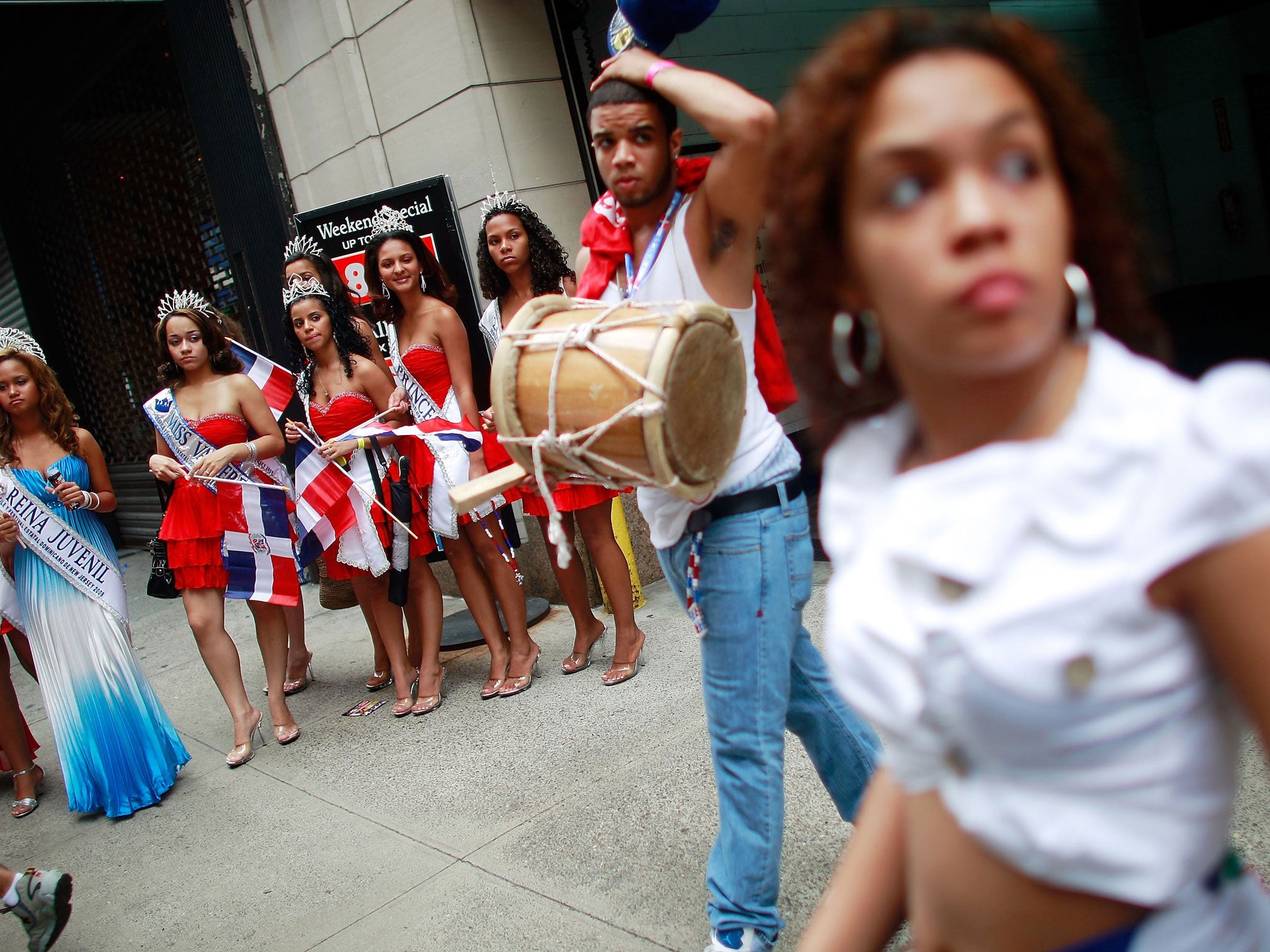Scary and out of touch – how the Republicans see themselves
Out of America: The GOP is finally acknowledging that it has to detoxify if it's to have any hope of regaining the White House

A wit once described the UK Labour Party's 1983 election manifesto, with its calls for renationalisation and unilateral disarmament, as "the longest suicide note in history". If so, then the 100-page document issued in Washington by the Republican National Committee last week may rank as history's longest autopsy.
With its title The Growth and Opportunity Project, you'd think it was a rose-tinted vision of the future. In fact, it's a dissection of why last November the party lost so badly an election it had convinced itself it was bound to win – and why the Republicans are in their deepest political hole since the Great Depression.
What about Richard Nixon, you may ask? Watergate and the (narrowly) lost election of 1976 were blips, the failing of a man, not of a party. The Republicans had won two elections before Nixon's disgrace, and would win three of the four that followed. How different now. Since that streak ended with George Bush Snr's defeat in 1992, Republicans have lost the popular vote in five of the past six presidential elections.
Yes, they did hold on to the House of Representatives last time around, thus perpetuating Washington's political deadlock – but only thanks to the gerrymandering of congressional districts by Republican-controlled state legislatures. Add up the total votes cast for the 435 House seats in 2012, and the Democrats won by more than half a million.
To its credit, The Growth and Opportunity Project did not pull its punches. "Scary", "narrow-minded", "out of touch" and "stiff old men" were some of the epithets it used to describe perceptions of the current Republican Party. The party, it correctly noted, was splendid at preaching to the converted, but hopeless at winning newcomers.
There's worse: the ever diminishing popularity of Republicans among women and minorities. Mitt Romney actually won 59 per cent of the white vote – more than any presidential candidate since Bush Snr in 1988. But in polychrome 21st-century America, much good it did him. Simultaneously, the party has squandered two of its most powerful electoral selling points: its reputation for grown-up foreign policy and for competent stewardship of the economy. (Think Iraq war and the recession of 2008.)
It all adds up to a monumental mess, one that probably isn't much fun if you're a Republican. But for everyone else, the turmoil within the party, as it searches to reinvent itself in time for the 2016 election, is far and away the most fascinating spectacle in US politics right now.
The battle lines are complex. At one level the struggle is between conservatives and "realists", between the uncompromising Tea Party movement that grabbed the initiative at the 2010 mid-term elections and a more pliant establishment, as represented by the RNC and figures such as John Boehner, the forlorn Speaker of the House who's lost control of half his troops, and elder statesmen including the party's 2008 nominee, John McCain, who recently described the Republican further fringes on Capitol Hill as "wacko birds".
The basic divide is between those who believe the problem has been the messenger and those who say the message itself is at fault. Conservatives and Tea Party zealots tend to fall into the former camp, realists (or moderates) into the latter.
Not surprisingly, the signals are conflicting. Driven by the need to improve their appeal to Hispanics, Republican lawmakers now seem ready to agree a deal on immigration reform that offers illegals a path to citizenship. But elsewhere, it's the same old, same old.
The First Law of Holes is, if you're in one, stop digging. Yet there in the House last week was Paul Ryan, running mate of Mitt Romney, driving through a vote on his version of a budget, slashing government spending, repealing Obama's healthcare reform and doling out tax cuts for the rich: exactly the policies voters clearly repudiated last year.
Similar divisions surfaced at last weekend's CPAC, the annual conservative gathering that is part policy lab, part freak show. The latter segment featured starring roles for Donald Trump and Sarah Palin, the former some interesting speeches by Jeb Bush and especially by Marco Rubio and Rand Paul, first-term senators and early jostlers in the Republican race for the White House.
Neither of course will say so. But their intentions are plain – and why not? The battle for the soul of the Republican Party will be won and lost not on Capitol Hill but in the 2016 primary campaign. Rubio and Paul are both of the post-2008 generation, both well regarded by the Tea Party, but neither completely of it. Paul made recent headlines by staging a 13-hour filibuster on the Senate floor on the issue of drones. Rubio, born of Cuban parents, is the party's great Hispanic hope. Then there's Jeb Bush, son and brother of presidents, whose biggest handicap is his surname, and Chris Christie, a blunt-spoken former conservative now showing strong signs of realism.
Make no mistake, the party will change; in politics necessity is the mother of all things. Bill Clinton re-invented the Democrats; Tony Blair did the same with the Labour Party that committed political suicide in 1983. Someone will do the same with the Republicans. But in time to win in 2016? I doubt it.
Subscribe to Independent Premium to bookmark this article
Want to bookmark your favourite articles and stories to read or reference later? Start your Independent Premium subscription today.

Join our commenting forum
Join thought-provoking conversations, follow other Independent readers and see their replies